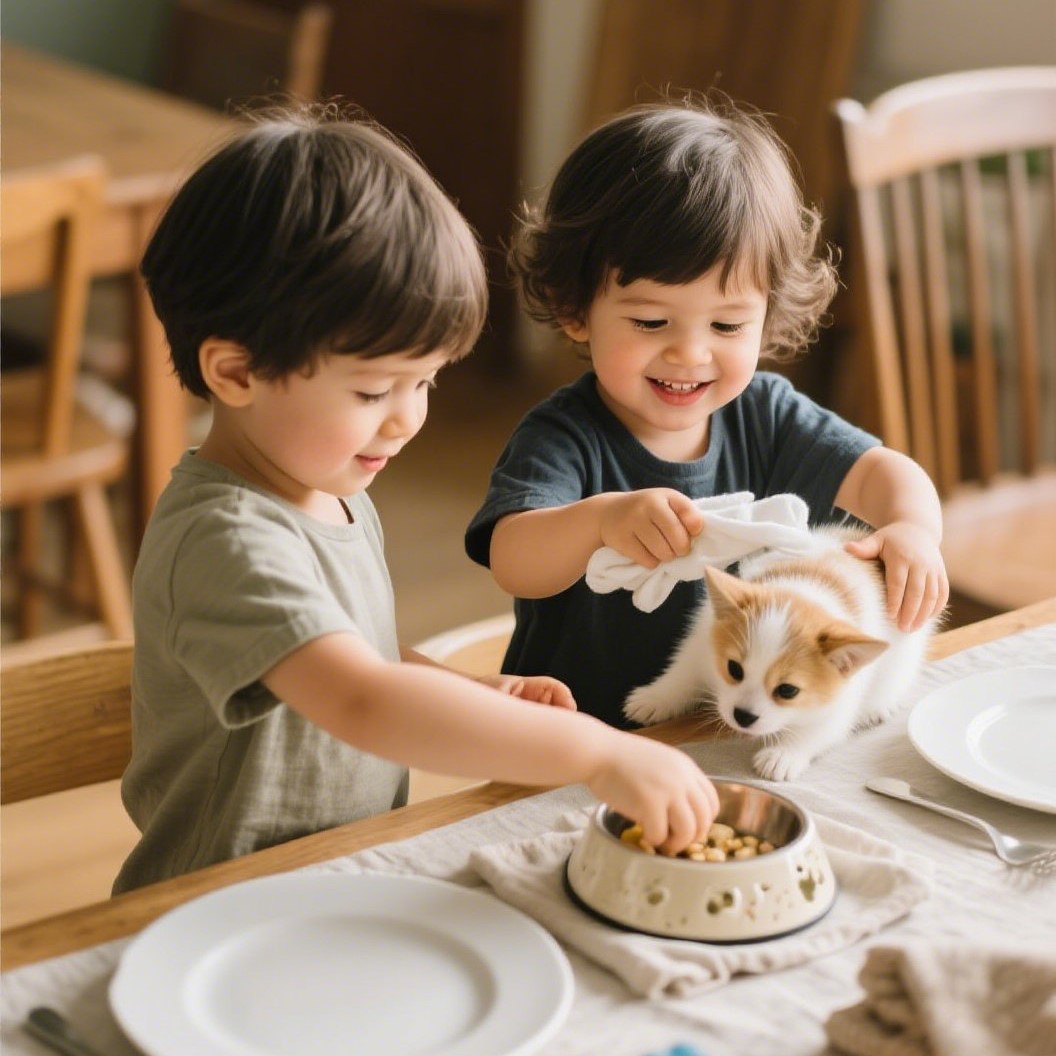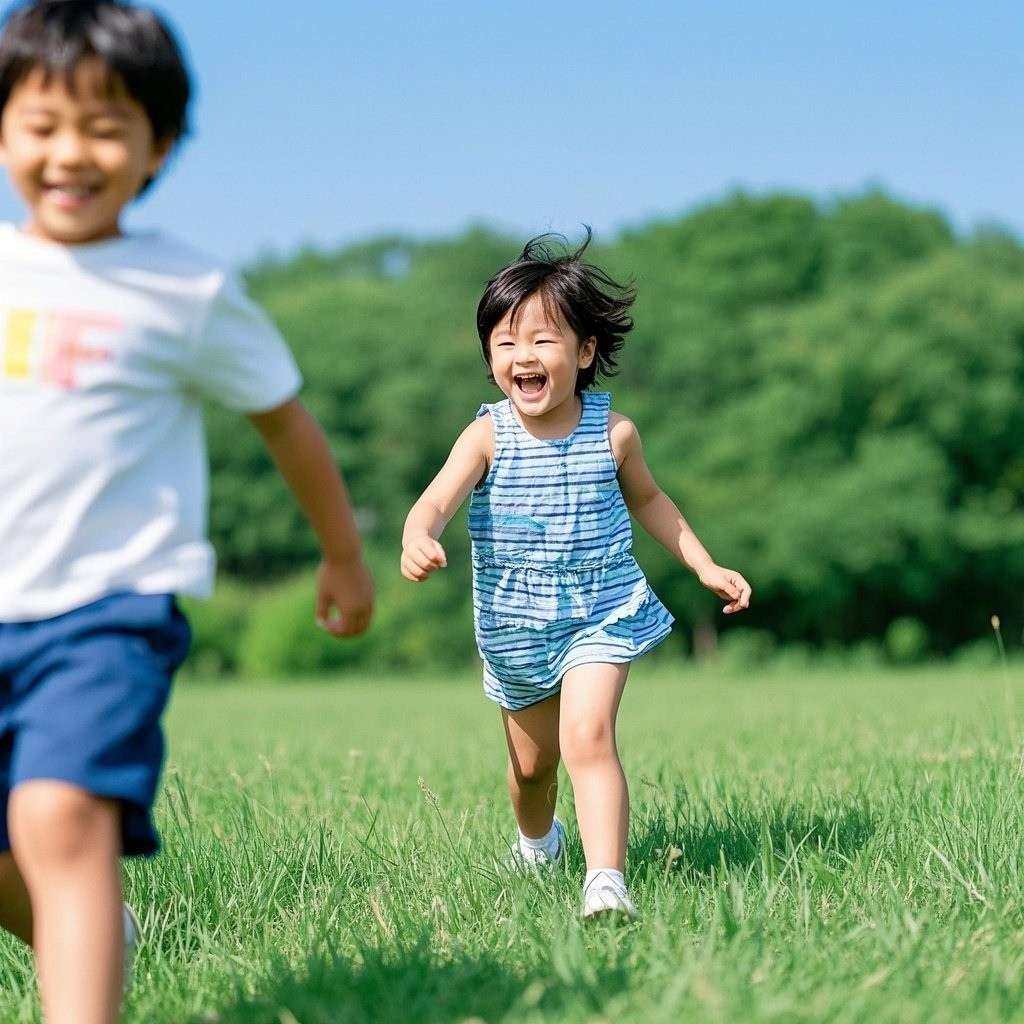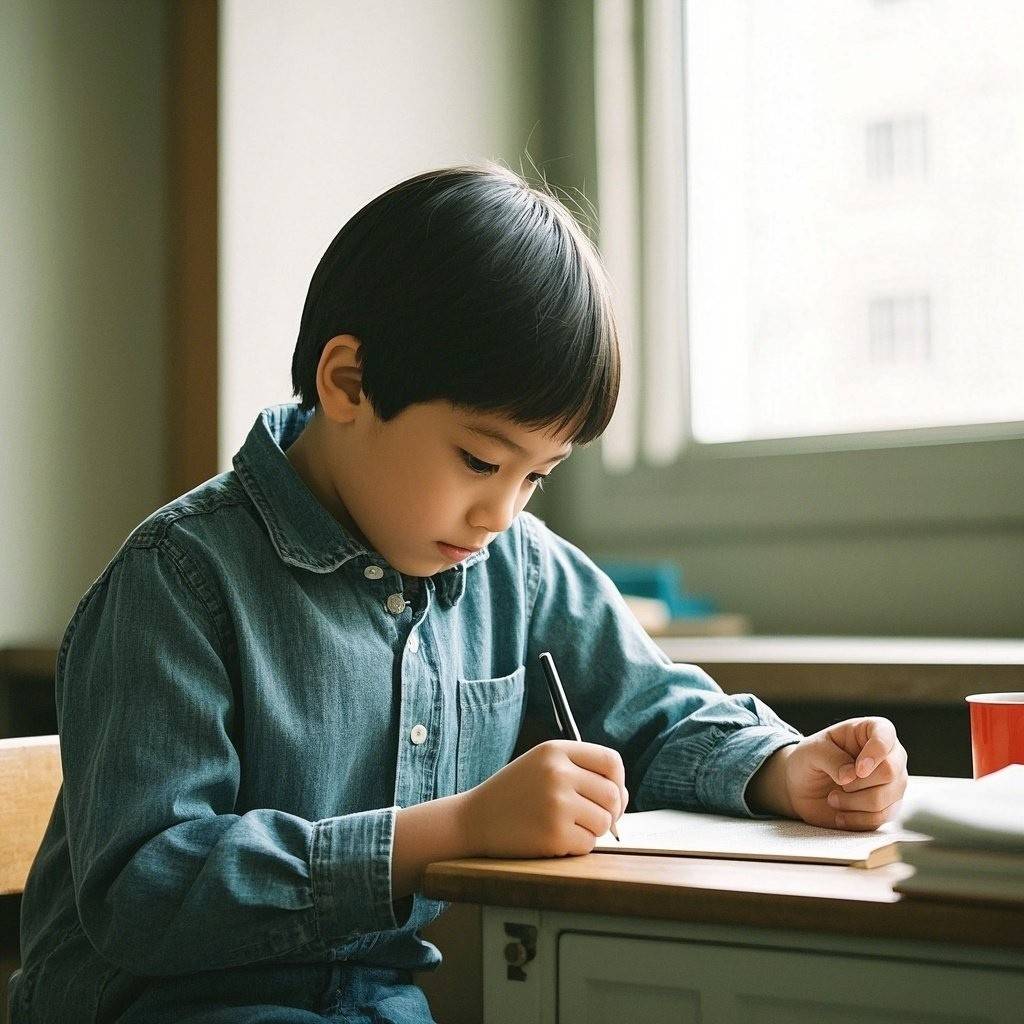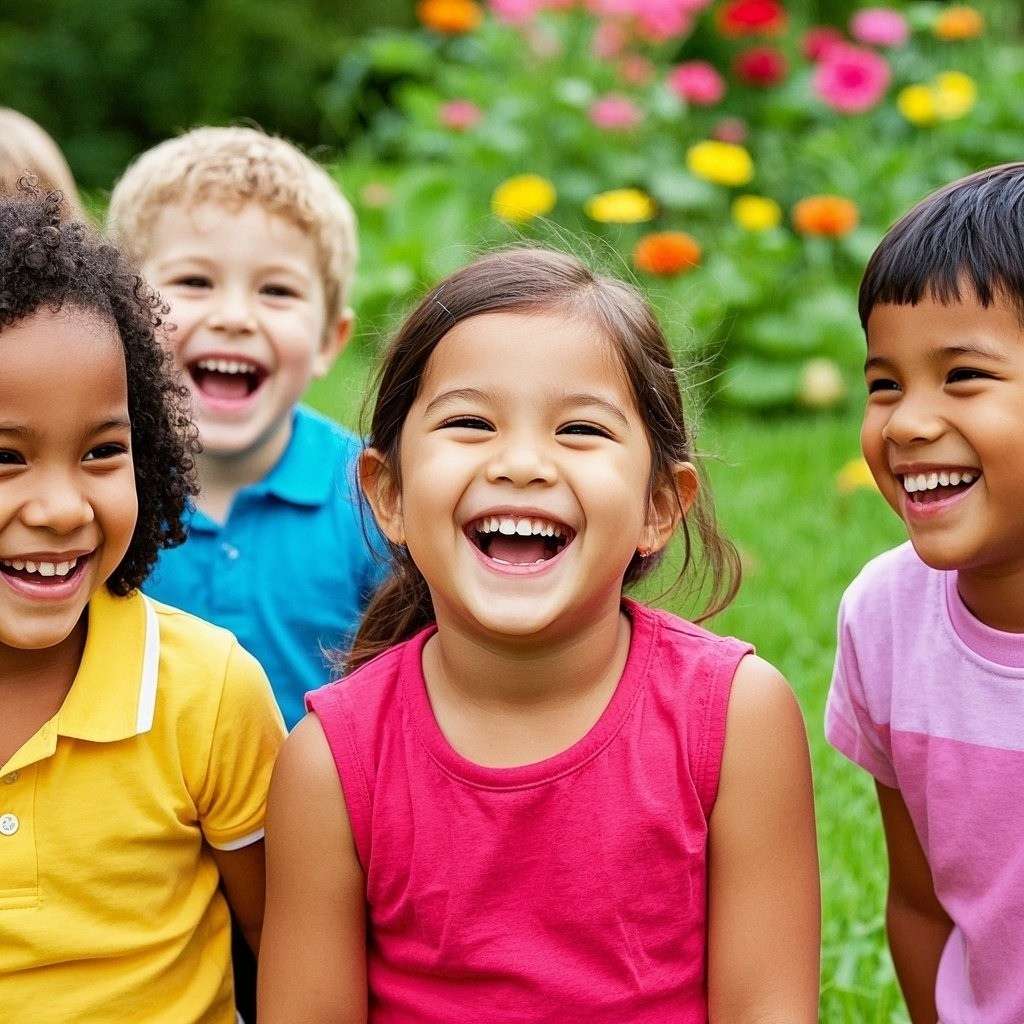The Sooner, the Stronger: Planting Seeds of Responsibility Early
Picture this: a toddler proudly feeding the dog. A kindergartener carefully packing their bag. A nine-year-old making their bed—imperfectly, but trying. These aren’t just adorable snapshots. These are the first signs of growing up right.
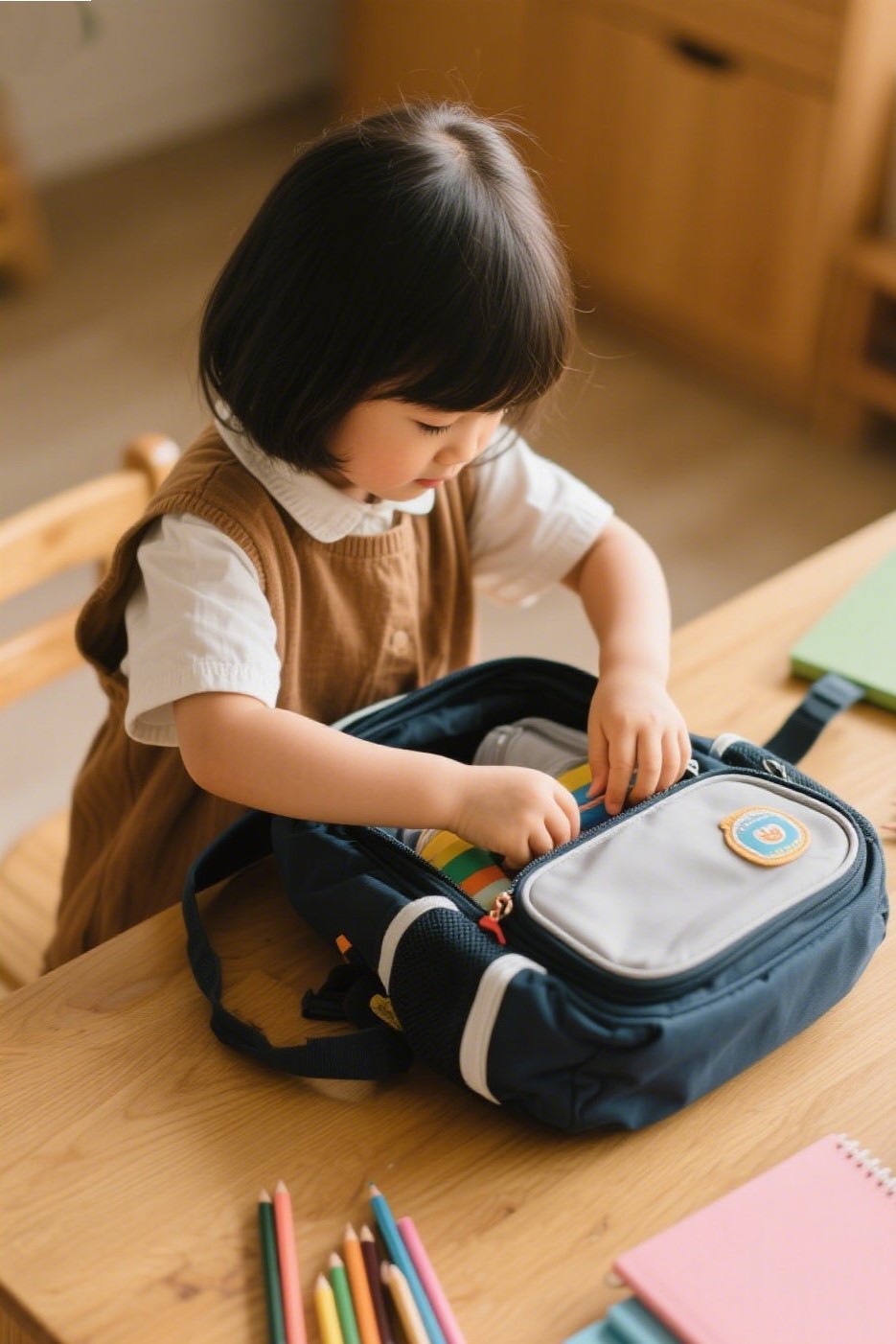
So when should kids start having responsibilities?
The short answer: as early as possible—but in the right way.
Because responsibility isn’t just about chores. It’s about shaping character, confidence, and care. It’s about growing not just taller, but wiser.
1. Responsibility Starts in the High Chair
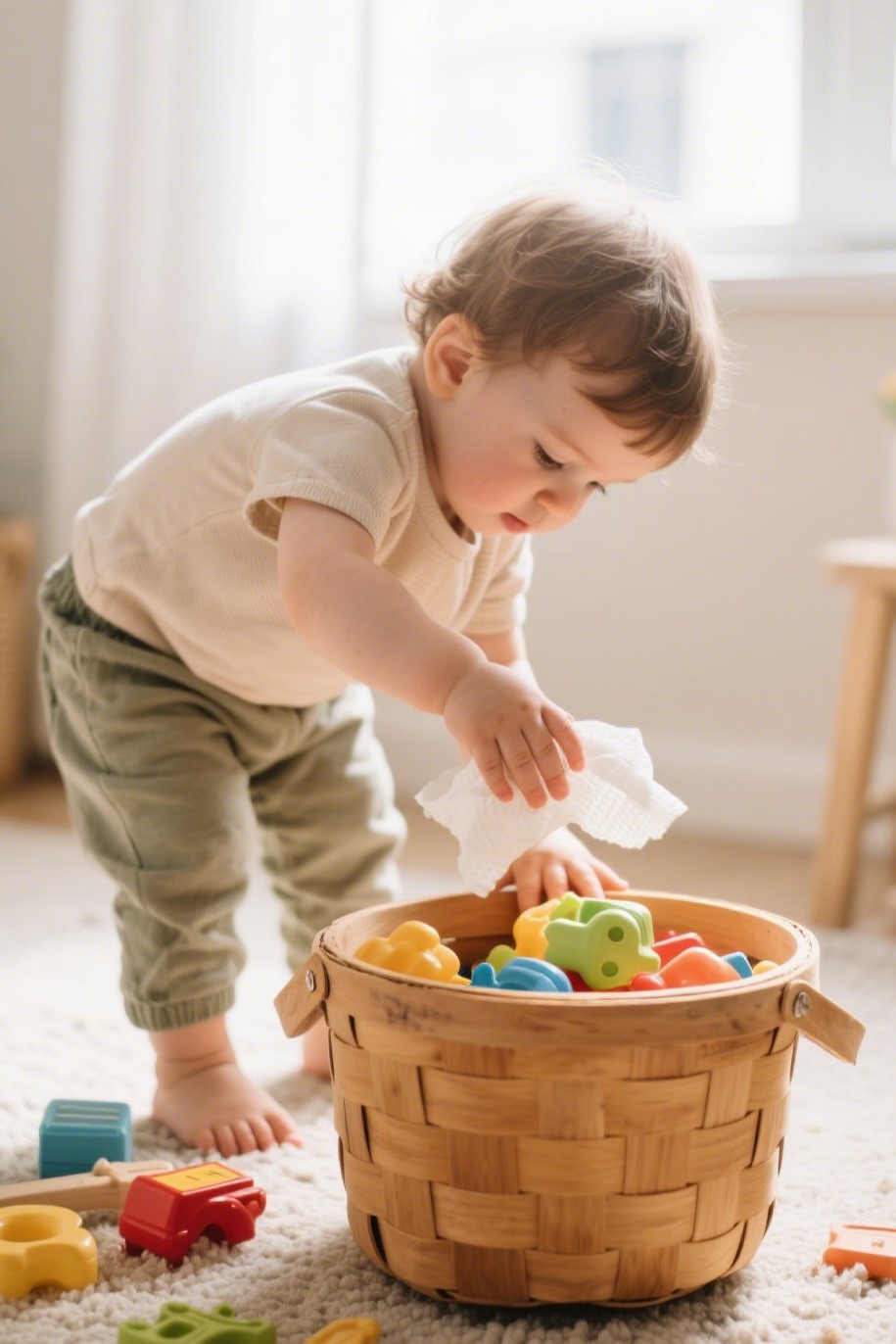
Yes, really. Even toddlers can help! When a two-year-old helps put toys in a basket or wipes their spill with a napkin, they’re learning that actions have consequences—and that their little hands matter.
Early tasks, no matter how small, whisper a powerful message:
“You’re capable.”
That whisper becomes their inner voice as they grow.
2. The Magic Window: Ages 3–7
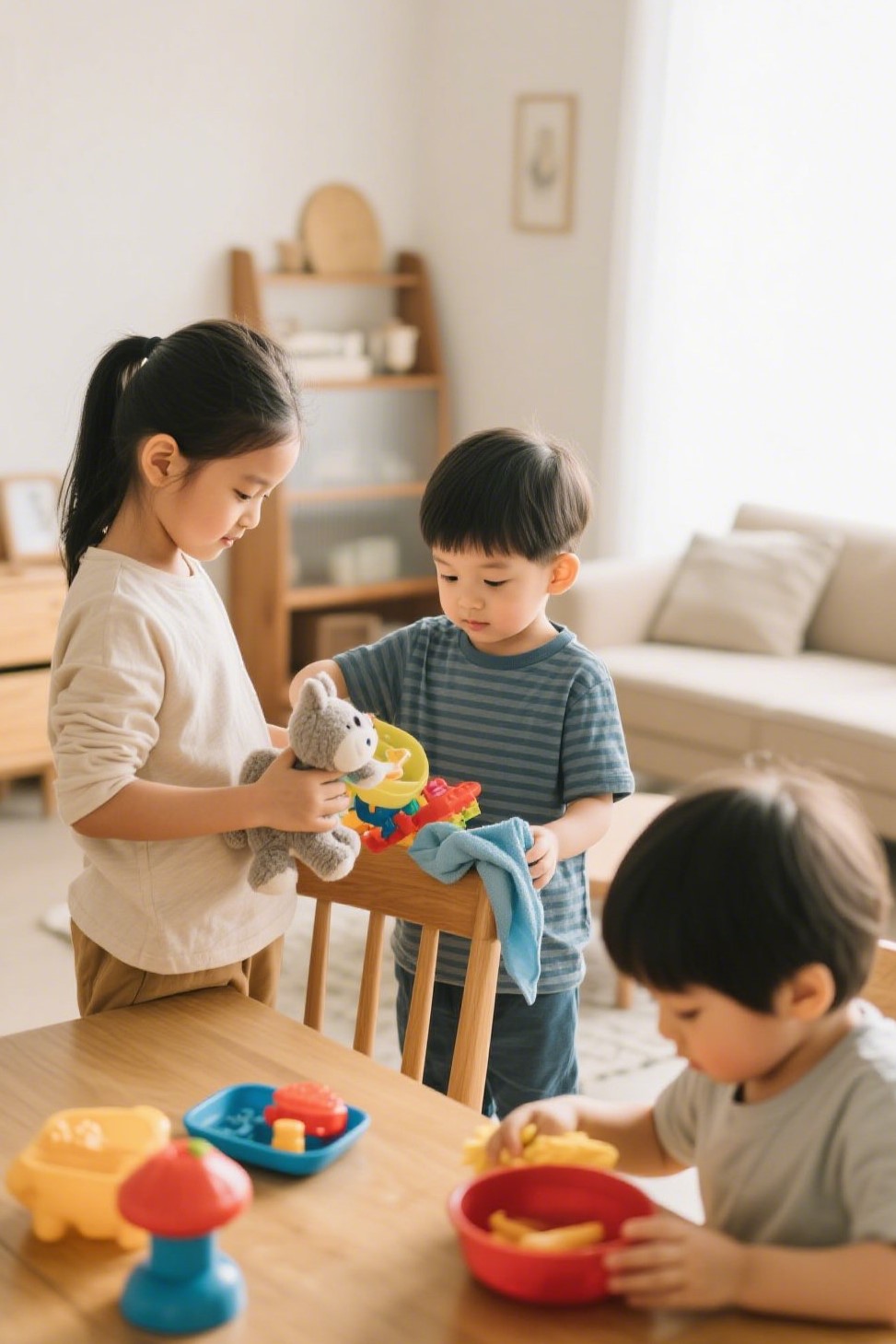
This is when the real groundwork happens. During these years, children are eager to imitate adults. They want to help sweep, wash veggies, or fold socks (even if their “folding” is more like creative origami).
The trick? Let them. Encourage them. Praise effort over perfection.
By assigning age-appropriate tasks—like feeding a pet, setting the table, or putting away toys—you’re not just getting help. You’re helping them build self-discipline, empathy, and independence.
3. Middle Childhood: Expanding the Circle
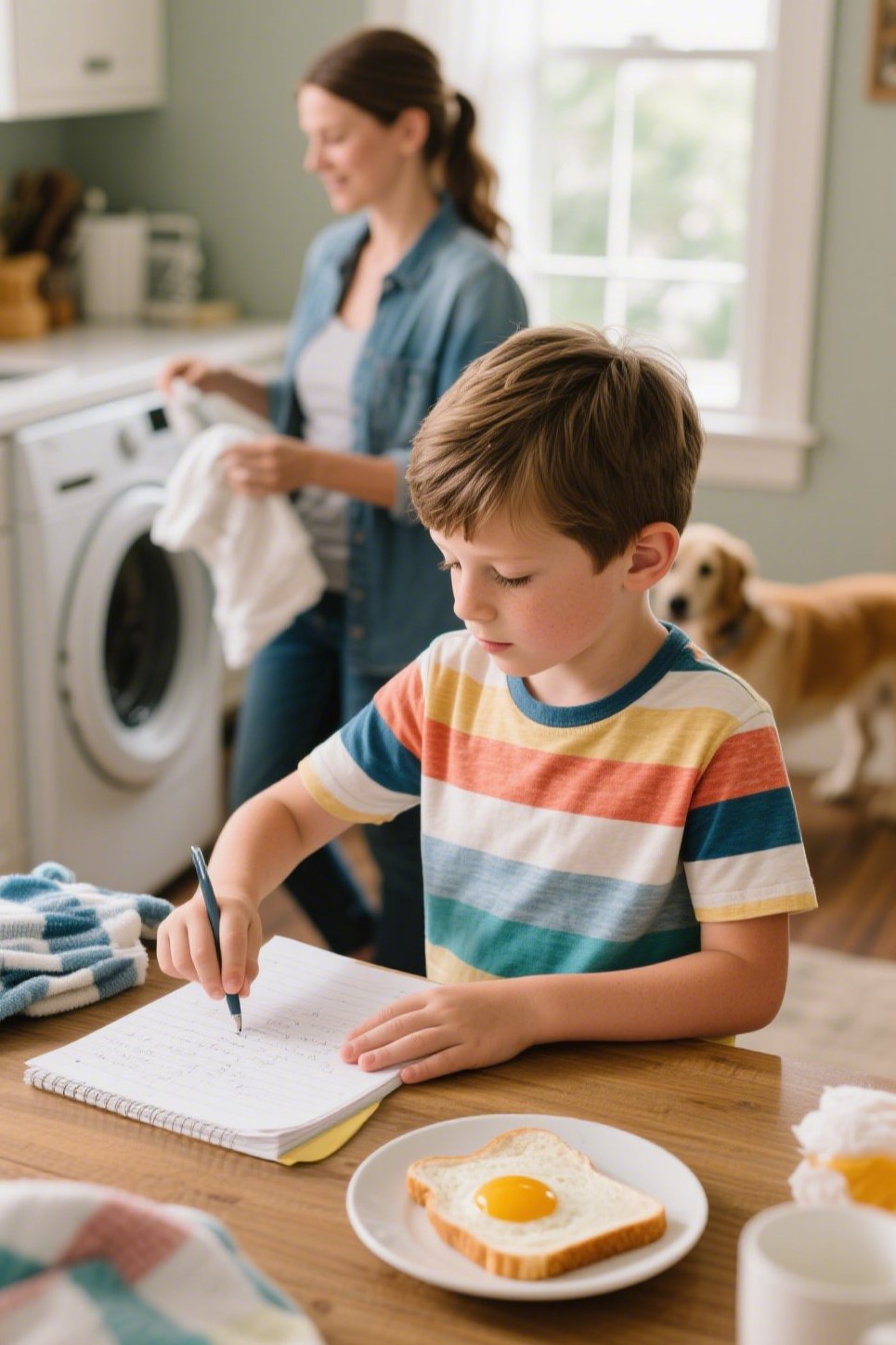
By ages 8–12, kids can handle bigger responsibilities: managing homework, helping with laundry, walking the dog, even making a simple breakfast. These aren’t just chores. These are life skills.
At this stage, it’s also key to introduce natural consequences. Forgot to pack your lunch? Let’s talk about how to fix it next time. Missed your homework? How will you catch up?
Responsibility is not about punishment. It’s about learning from life—one little mistake at a time.
4. Teens: Ownership, Not Overload
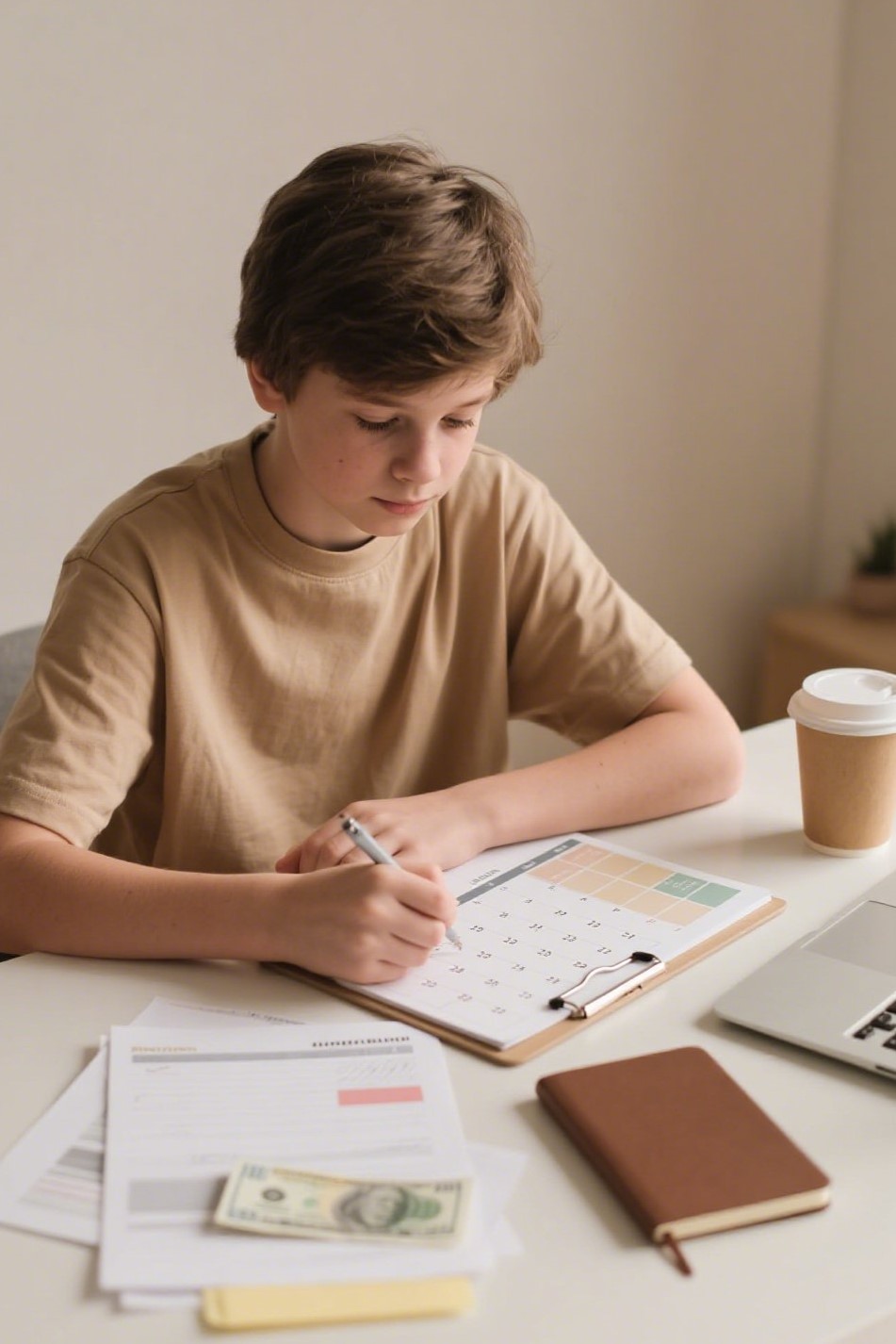
By the time kids hit their teens, they should already be familiar with the concept of responsibility. Now, it’s about deepening that. Think: budgeting allowance, planning their schedule, contributing to family decisions.
But here’s the catch—responsibility must come with respect. Teens will rise to the occasion when they feel trusted and valued, not micromanaged. Give them space to prove themselves.
5. Make It Meaningful
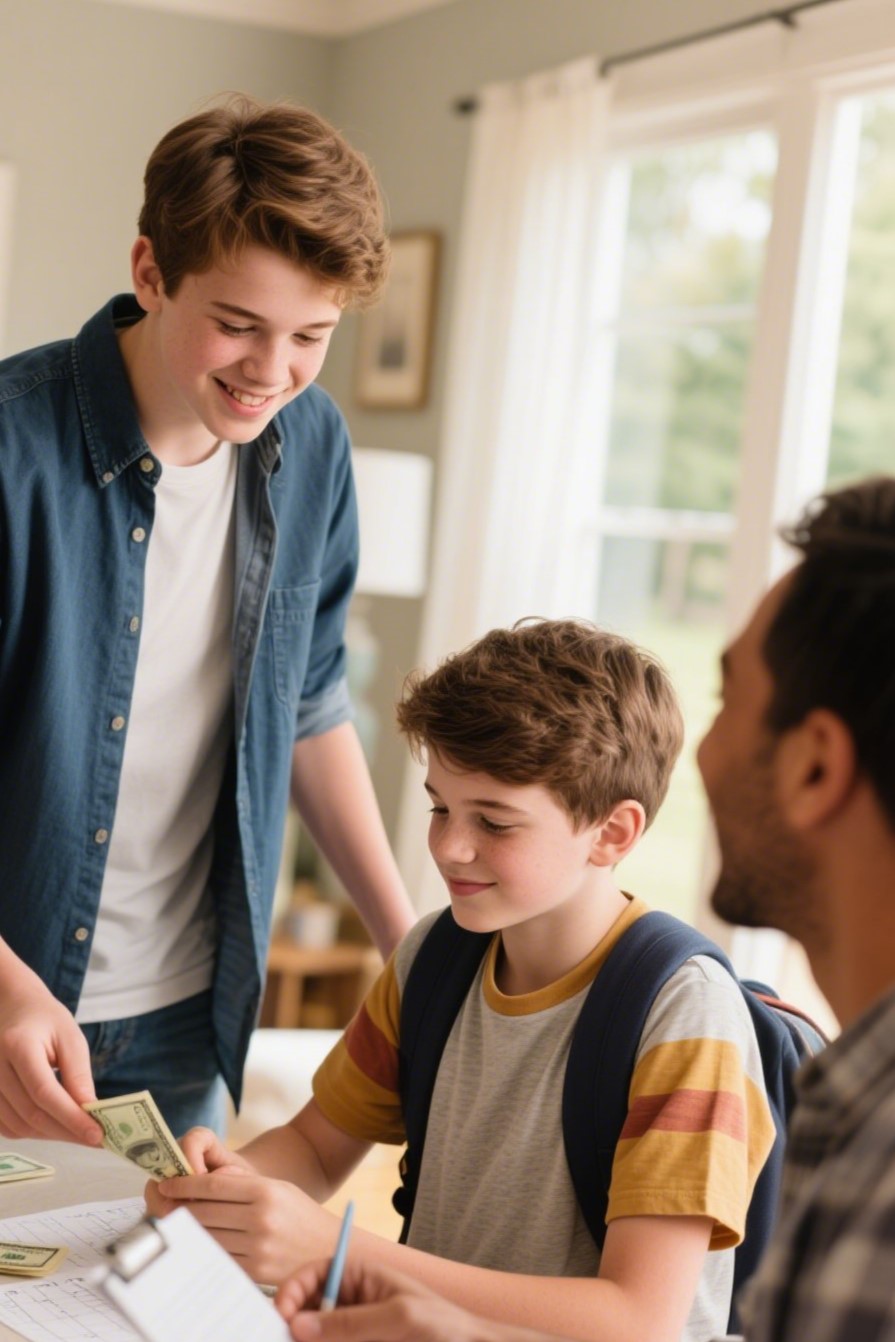
Giving kids responsibility isn’t about making them mini-adults or robbing them of play. It’s about helping them understand:
“I have a role in this world.”
“My actions matter.”
“I can do hard things.”
Let responsibility grow with them. Start small, stay consistent, and celebrate every effort—even if it’s just picking up a dropped spoon or remembering to water a plant.
Final Thoughts: The Gift of Trust
Responsibility isn’t a burden—it’s a gift. A gift of purpose, pride, and personal power.
So when should kids have responsibilities?
Not when they’re “ready.”
But when they’re willing.
And most kids are willing long before we realize it.
Because when we hand them tiny tasks, we’re handing them something much bigger:
The belief that they can handle life, one small success at a time. 🌱💪


